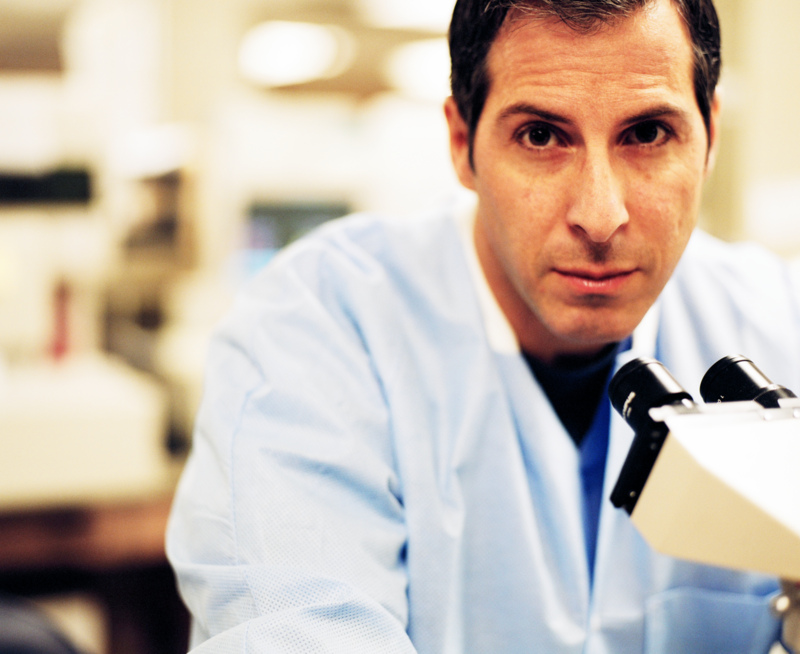
TUESDAY, July 28, 2015 (HealthDay News) — A young Baltimore boy has two new transplanted hands to replace ones he lost to amputation five years ago, his doctors announced Tuesday.
Zion Harvey, 8, became the recipient of the world’s first double hand transplant performed on a child, following 10 hours of surgery by a 40-person team in early July at the Children’s Hospital of Philadelphia.
Zion already can move and flex his new thumbs and fingers, and is taking part in rehab to regain further dexterity, said Dr. Scott Levin, chair of orthopaedic surgery at Penn Medicine and director of the hospital’s hand transplantation program.
“We’ve been doing this since 1998, but in adults. This type of transplant has never been done in a child,” Levin said. “It’s taken us 17 years to move from adult to child, and in this little 8-year-old boy, Zion Harvey, this was a historic moment that demonstrated it was possible.”
Zion’s mother, Pattie Ray, called the transplant a “modern miracle,” and said her son is already out of bed, mostly healed and off pain medication.
“He’s looking forward to getting back to sports with his rough friends,” Ray said, chuckling. “He wants to have a party when he goes home and invite all his friends so he can show off his hands.”
Zion’s hands and feet were amputated when he was 3 years old, following a severe infection that caused his kidneys to fail, said his mother. The kidney failure interrupted blood flow to his hands and feet, prompting the amputation.
The boy received a kidney transplant following his illness, and his body’s successful response to anti-rejection drugs in the years following that surgery paved the way for him to receive his new hands, doctors said.
Ray said she had a hard time believing doctors when they floated the idea of a double hand transplant for her son.
“I had a lot of questions. I was excited, but I was skeptical because I am a mother,” she said. “I would never have thought in a million years when he got the amputation that there would be a chance for him to have his limbs back.”
Donor confidentiality forbids hospital officials from discussing the source of Zion’s new hands, but Ray said the hands were donated by a boy around her son’s age. The Philadelphia-based Gift of Life Donor Program coordinated the donation.
During the surgery, the hands and forearms from the donor were attached by connecting bone, blood vessels, nerves, muscles, tendons and skin, hospital officials said. The surgical team was divided into four groups operating simultaneously, two focused on the donor limbs and two focused on the recipient.
First, doctors connected the forearm bones using steel plates and screws. Next, they used microsurgery to connect the arteries and veins. Once blood flow was established through the reconnected vessels, surgeons sutured together each muscle and tendon, and reattached nerves.
“In this case, because this is an amputation more toward the wrist than the elbow, Zion’s muscles to create grasp and finger extension were there. They just weren’t hooked up to anything for a while,” Levin said. “His muscles have already started to power his fingers, making them flex.”
Hand transplants are much more difficult and the prognosis always worse with an amputation closer to the wrist, Levin added.
Doctors are keeping a close eye on Zion for any symptoms of rejection, Levin said.
“We know that all patients who have hand transplants at some point will undergo a rejection episode,” he said. “We expect that, and if we see signs such as puffiness or redness or a rash, that alerts us the patient may have a rejection phenomenon and we treat that. But he hasn’t really manifested any signs thus far.”
The hospital expects Zion to spend several more weeks in rehabilitation before he goes home. Levin and his team will continue to follow Zion monthly in the short-term, and then annually for life.
Ray is holding out hope that her son will regain most or all of the dexterity in his hands.
“We expect him to be tying his shoes and throwing a football and everything else,” she said. “He’s very determined. Definitely a go-getter. You can’t tell him no at all.”
But Levin is more cautiously optimistic, saying “we don’t know” how much dexterity Zion will ultimately regain.
“Let’s put it this way — a very functional grasp and feeling in his hand is highly likely,” Levin said.
It’s unlikely that Zion will return to the operating room for a foot transplant. He has received prosthetics for his feet and is able to run, jump, climb stairs and get around with full independence, Ray said.
“I really wouldn’t put him under surgery for something he’s adapted so well with,” she said. “To me, his hands were more of a holdup for a lot of things you need to do in life.”
More information
For more on organ transplantation, visit the United Network for Organ Sharing.
Copyright © 2026 HealthDay. All rights reserved.

